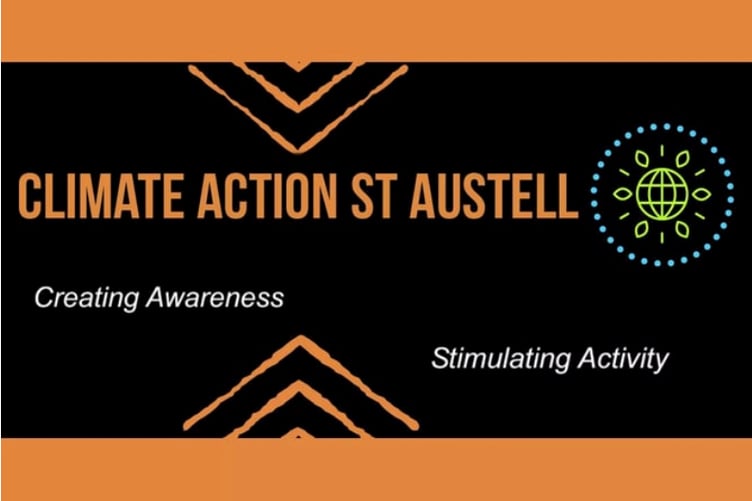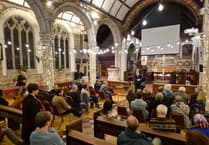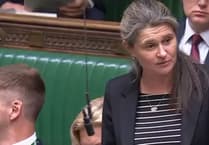WHEN we think about our environmental impact, it’s easy to focus on what affects us now. But the choices we make today affect not only our lives but also the futures of those who come after us – and those who are already suffering.
In the majority world – countries that are less responsible for climate change but suffer its worst effects – people are already facing the consequences of our over-consumption. Droughts, floods and extreme weather events are becoming more frequent, damaging crops, livelihoods and entire communities. As climate change worsens, millions of people in these regions are displaced and forced to live in increasingly unstable conditions.
This is where inter-generational responsibility comes into play. The One Planet model, which promotes living within our planet’s ecological limits, encourages us to think about the world we’ll leave behind. It’s about making choices today that won’t undermine the ability of future generations to thrive.
In Wales, the government has committed to a One Planet approach, aiming for carbon neutrality by 2050. This includes policies that focus not only on environmental sustainability but also on fairness – helping to reduce inequalities both locally and globally. Through these efforts, Wales is trying to protect vulnerable communities from the worst impacts of climate change.
Cornwall Council has pledged to reach net-zero emissions by 2030, prioritising renewable energy, sustainable transport and reducing waste. These local actions play an important role in the fight against climate change, and they show how councils and communities can make a real difference.
But we don’t need to wait for governments to act. Every individual can make a difference by choosing sustainable products, reducing energy use and supporting ethical businesses. The choices we make today will determine the future.
We owe it to future generations and the majority world to make better, ethical choices now.





Comments
This article has no comments yet. Be the first to leave a comment.